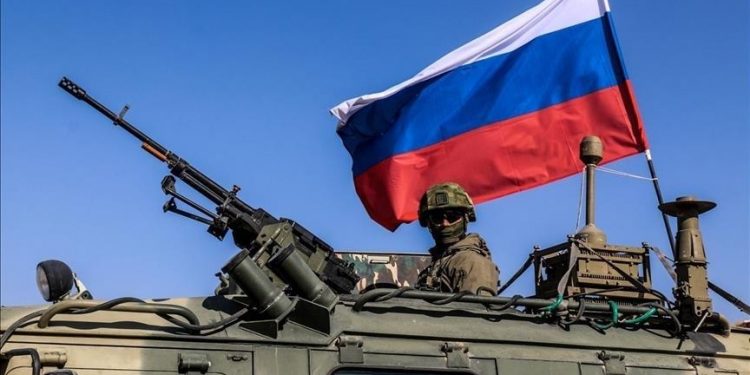As the Russian invasion of Ukraine is approaching its third year, the war between the two countries has assumed new proportions with targeted killing of top Russian commanders. It also speaks volumes for the guts and daring of Ukrainian spies to take the battle into the heart of the enemy country. Russia is furious over the assassination of one of their top commanders by Ukrainian spies in an explosion that shook a quiet Moscow neighbourhood. Lt Gen Kirillov, head of the Russian military’s chemical, biological and radiological weapons unit, known as RKhBZ, was killed in a deadly scooter bomb attack. The scooter was parked outside a Moscow residential building and remotely detonated. The day before, the Ukraine secret service agency, the SBU, had charged the general in absentia, accusing him of the “mass use of banned chemical weapons.” Ukraine claims over 2,000 of its troops have been hospitalised because of the use of choking agents and three have died. The SBU has said it recorded more than 4,800 occasions when Russia used chemical weapons on the battlefield since Putin launched his full-scale invasion in February 2022.
Russia’s security service (FSB) immediately swung into action and claimed to have detained a suspect 20 December for killing the senior general. The suspect was described as an Uzbek citizen who, the Russian agency said, had been recruited by Ukrainian intelligence services. The FSB said the suspect had been promised a reward of $100,000 and permission to move to a European Union country in exchange for killing Kirillov. It said that acting on instructions from Ukraine, the suspect travelled to Moscow, where he picked up a homemade explosive device. He then placed the device on an electric scooter and parked it at the entrance of the residential building where Kirillov lived. The suspect then rented a car to monitor the location and set up a camera that live-streamed video from the scene to his handlers in the central Ukrainian city of Dnipro. When Kirillov was seen leaving the building, the suspect detonated the bomb. Justifying the killing, SBU told the media Kirillov, being “a war criminal” was “an absolutely legitimate target,” since he gave orders to use prohibited chemical weapons against the Ukrainian military.
In wartime rhetoric Ukraine even said such an inglorious end awaits everyone who kills Ukrainians and retribution for war crimes is inevitable. Kirillov himself and his military unit were sanctioned by several countries, including the US, Britain and Canada for alleged use of chemical weapons on the battlefields in Ukraine. Russia has denied using any chemical weapons in Ukraine and, in turn, has accused Kyiv of using toxic agents in combat. But, the war between the two countries has become so murky that even targeted killings are being justified invoking provisions from the UN Charter, Article 51, which states: “Nothing in the present charter shall impair the inherent right of individual or collective self-defence if an armed attack occurs against a member of the United Nations.” Clandestine killings in wartime represent a dark side of modern warfare.
Last week, Ukraine’s intelligence service claimed that it had assassinated Mikhail Shatsky, the deputy director of a Moscow-based ballistics engineering unit known for developing cruise missiles. If true, it only highlights Kyiv’s increasingly bold efforts to disrupt Russia’s war machine at its source. Russia, of course, terms such acts as terrorism though it may be painted with the same brush by Ukraine for its acts on the latter’s soil. But, the fact remains Russia is the aggressor and Ukraine is the victim of that aggression. Viewed in this light, the killings of civilians army generals and military personnel in overt and covert operations are nothing but war against humanity. After all, as the Bard wrote, “everything is fair in love and war.”






































